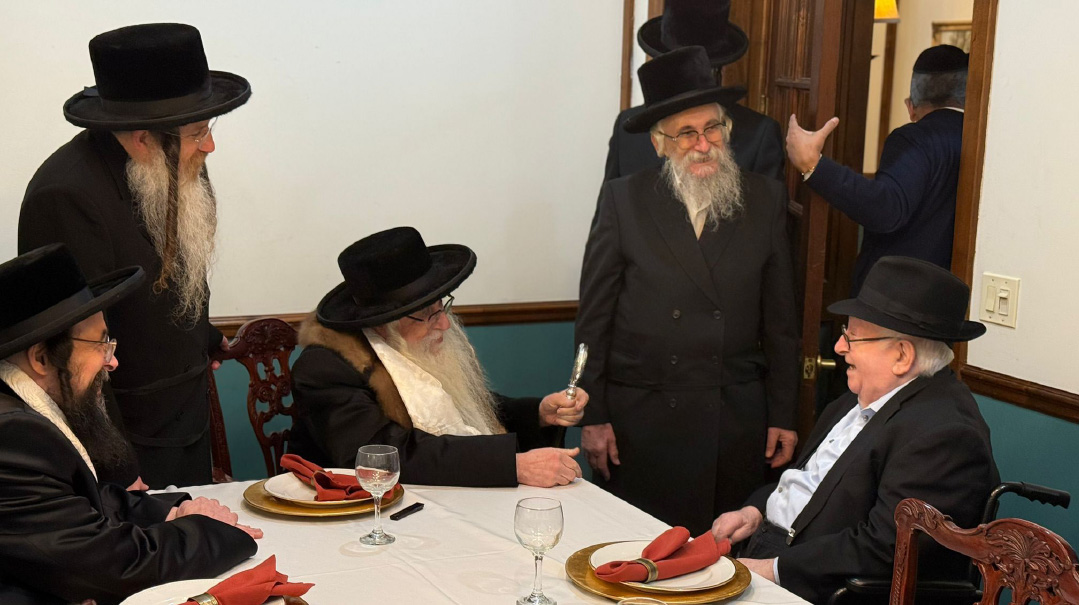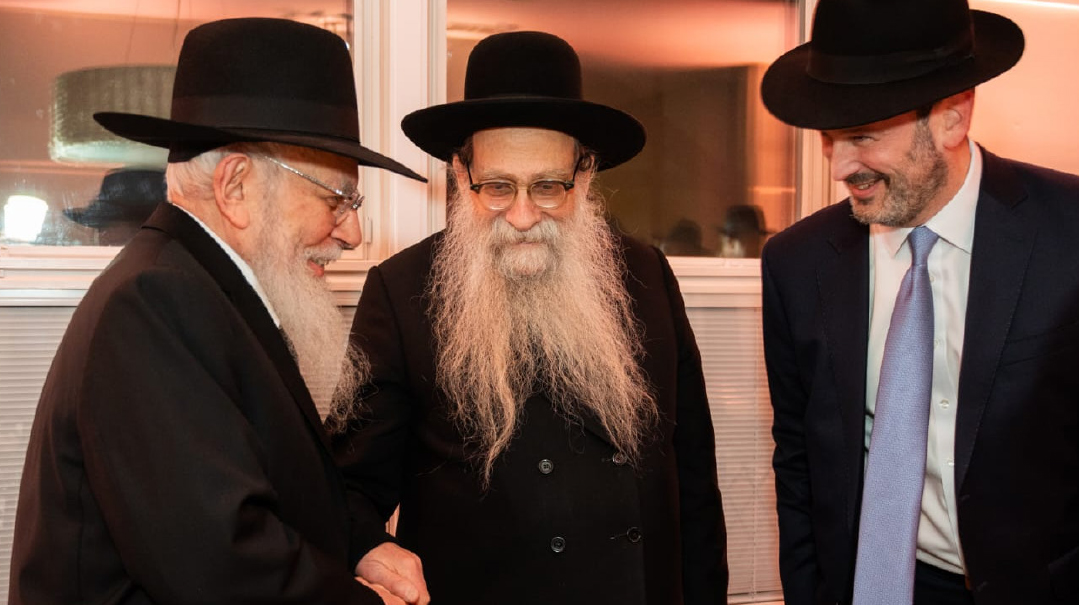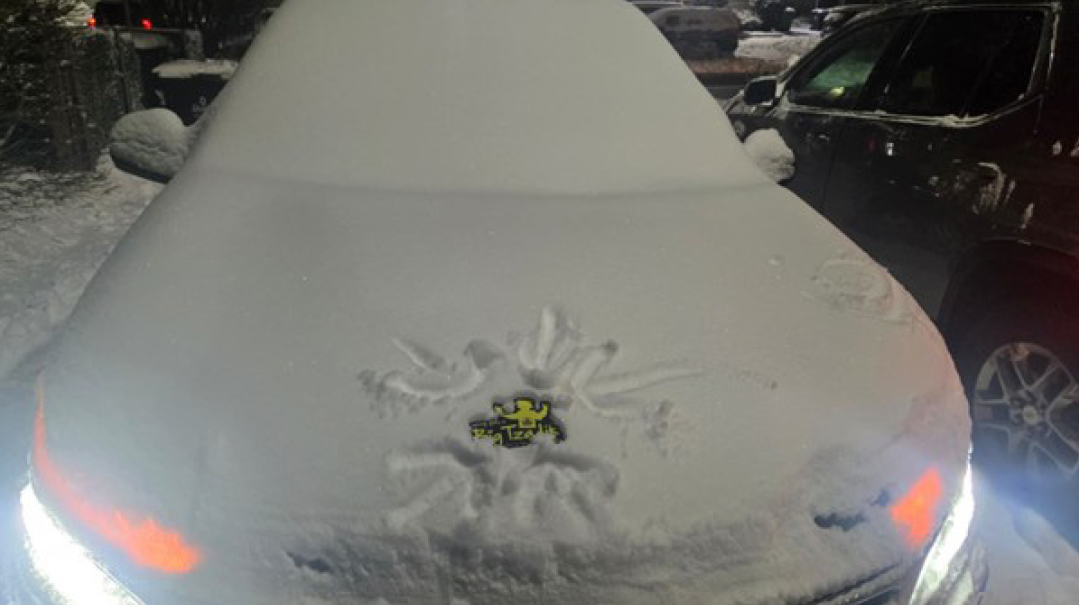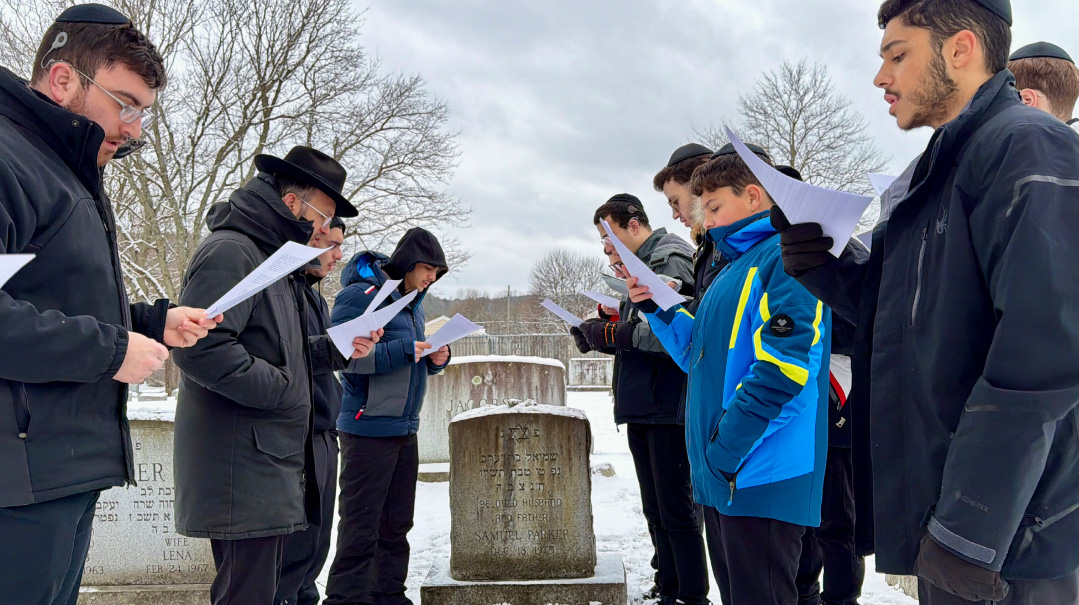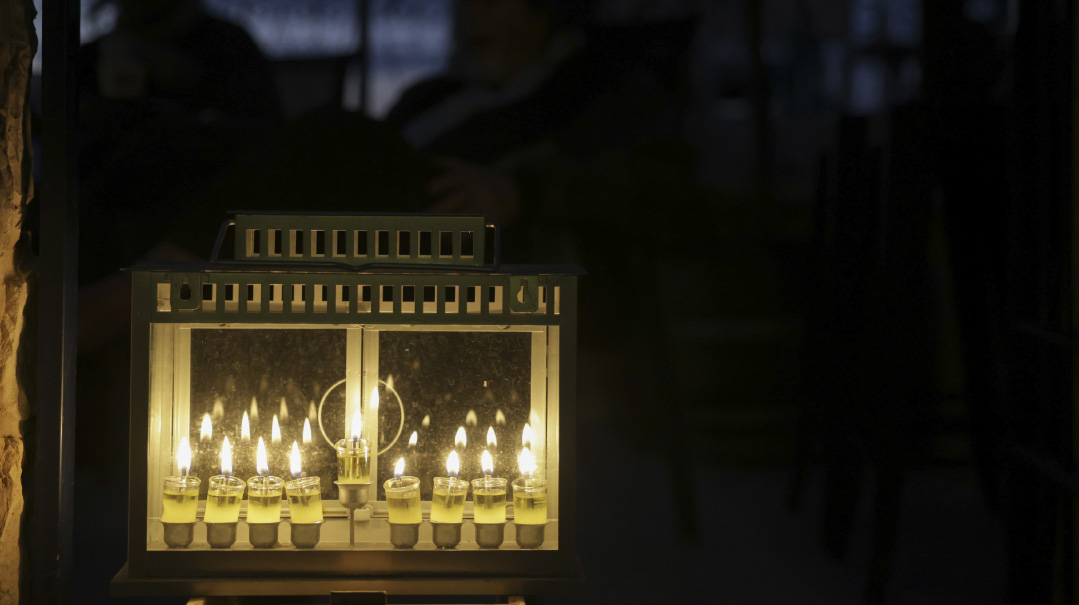Living Higher: Issue 904

The sun may be gone, but tzeis hakochavim has arrived. Stand up, Klal Yisrael, stand tall and proud
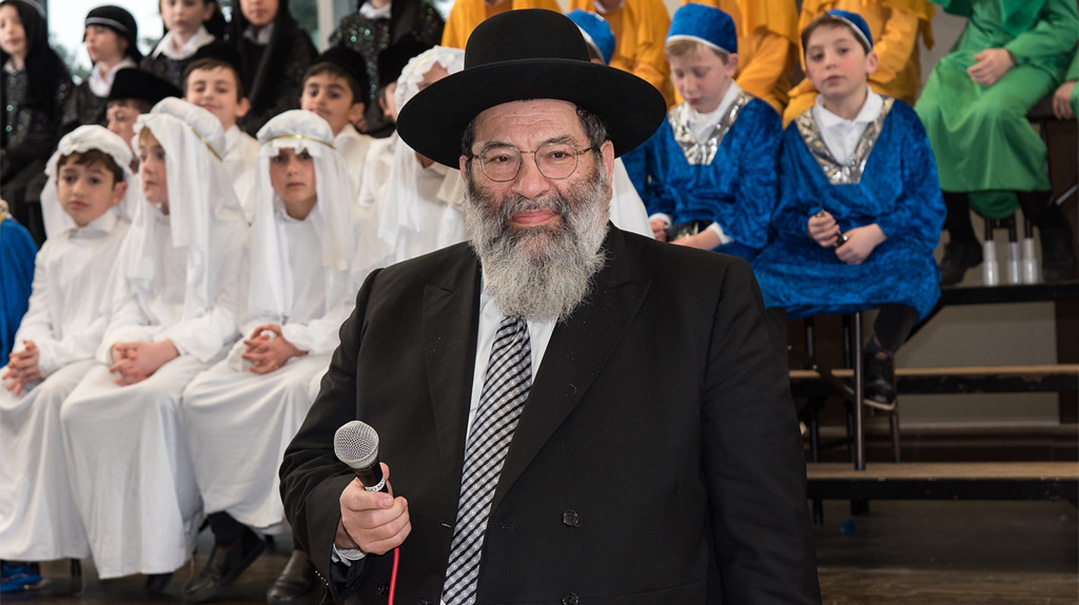
"Meimasai korin es Shema b’arvis? From when can we begin to recite Krias Shema at night?” It’s the first line in Maseches Berachos, the inaugural question standing at the threshold of the world of Torah shebe’al peh. At Yeshiva Darchei Torah in Far Rockaway, New York, when the third-graders begin their foray into learning Mishnayos, they celebrate the momentous occasion by performing a play. The boys don costumes reminiscent of ancient Bavel and act out the halachos of the first mishnah in Berachos.
The answer to the question, as the mishnah describes, is tzeis hakochavim, when the stars begin to emerge. The boys act out each line, and although the performance is an annual ritual, this year’s seemed to have carried an underlying message, although indiscernible until a few days later.
Meimasai korin es Shema b’arvis? When the sun goes down and that brilliant light that we so depended upon vanishes suddenly, replaced by a terrifying darkness, when can we recite Krias Shema? How can we recite Krias Shema? Who will be there to guide us as we navigate through some of history’s most confusing times? Who will be that voice of immediate confidence when we present life’s most difficult questions? Who will shower us with those miraculous blessings, the source of so much hope, and so much healing for Jews of all walks of life?
The answer? Tzeis hakochavim. The sun may have set, and the sky may seem black, but look closely. Stars are emerging. Small but brilliant. Distant but sparkling. Giants of a previous generation may have passed on, but giants of the incoming generation have just begun. The sun may be gone, but tzeis hakochavim has arrived. Stand up, Klal Yisrael, stand tall and proud.
Now, more than ever, it is time to say Krias Shema.
(Originally featured in Mishpacha, Issue 904)
Oops! We could not locate your form.

